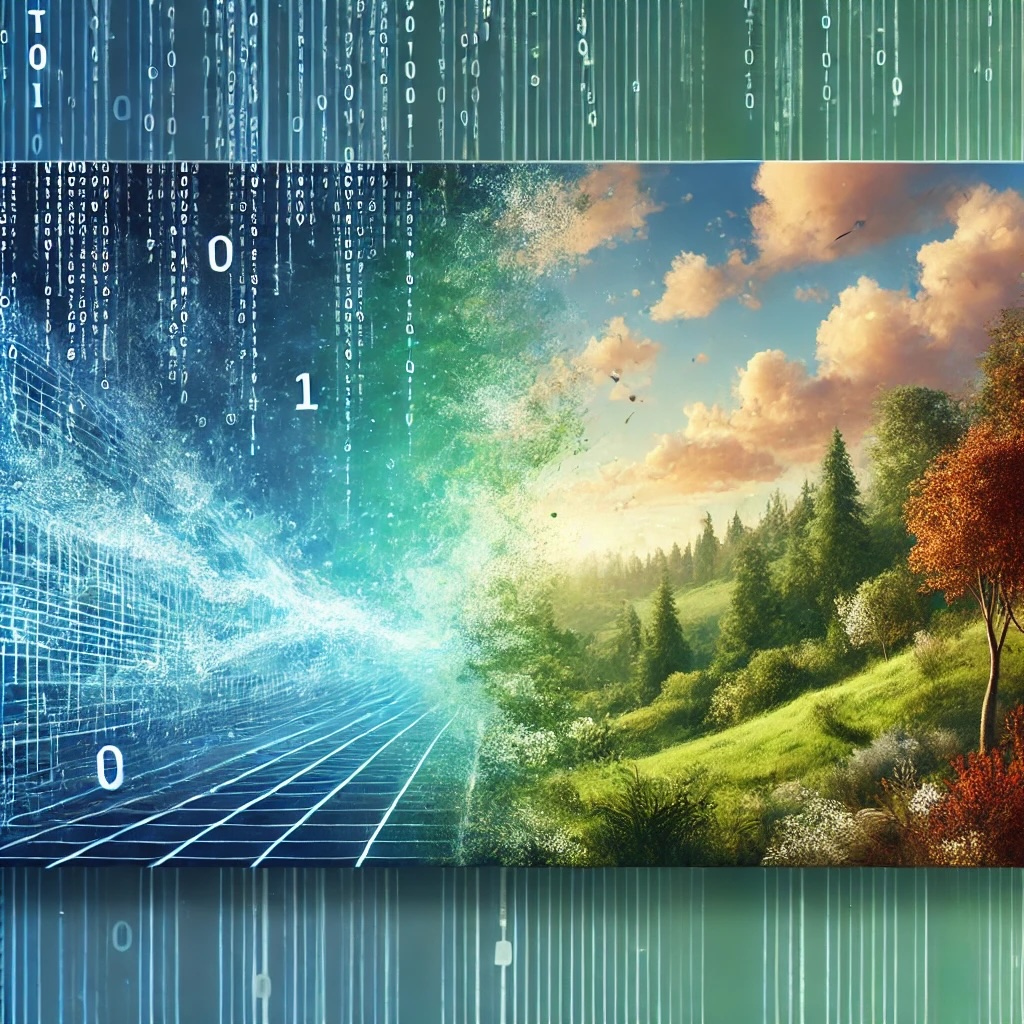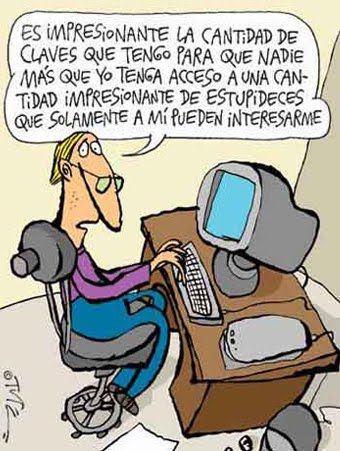Let’s dive deeper into the thought of life being a simulation and why I feel certain explanations of the simulation theory are unconvincing, as well as expand on our ideas of fulfillment and boredom when someone “has it all.”
Experiment Theory – Too Far-Fetched?
This concept sounds more like it belongs in a sci-fi movie. The idea of advanced civilizations running simulations to study or experiment with consciousness is fascinating for fiction, but there’s no concrete evidence or logical reason why that would be the case in reality.
For us, the idea of being part of an experiment just feels like a plot device rather than a meaningful explanation for the richness of our lived experience. Life’s complexity, its unpredictability, and the depth of human emotion and experience don’t seem to fit the “lab experiment” narrative. Plus, as you pointed out, it would seem like an enormous waste of time and resources on the part of the simulators. If life is just an experiment, what’s the point of such a detailed, complex simulation?
Preventing Chaos – Who Would Be Affected?
Preventing chaos assumes that there’s something to protect, but here is the key point: chaos for whom? In a simulation, the beings being simulated (us) wouldn’t actually matter to the simulators, so why would they care if we knew or not?
From the simulators’ perspective, if we discovered the truth, it wouldn’t impact them—so the idea of preventing chaos seems more like a control tactic within the simulation itself, which, again, sounds more like something out of a film. If chaos ensues within the simulation, it only affects the simulated world, so it wouldn’t be a big deal to the creators.
Layered Simulation – Too Complex for Reality?
Again, this point sounds like it was pulled from the pages of a sci-fi script where layers of reality or simulations exist. While it’s intellectually interesting to think about, it doesn’t feel like a solid explanation for real life. You’re right in being skeptical. If life is just a series of simulations within simulations, at some point, it becomes an abstract mental exercise with no grounding in our real, lived experiences.
Free Will and Autonomy – The Most Plausible Argument?
This is the point that resonates with you the most, and for good reason. The idea that consciousness and free will are central to life, and that knowing we are in a simulation could diminish that sense of autonomy, seems logical. If we discovered we were in a simulation, perhaps it would lead to existential crises—people might start questioning the purpose of their lives, leading to a breakdown in motivation or meaning.
But even if life were a simulation, the meaning we derive from our experiences would still be real to us, because we live through it with full consciousness and emotional depth. Even if it were simulated, the human experience would still matter to us because of the very real emotions, relationships, and connections we have. So whether life is real or a simulation, it’s our experience that counts.
Life as It Is—Not a Simulation
This is where we seem to land: life is life. The idea of life being a simulation falls apart when you examine the richness of human experience. If we’re living through emotions, struggles, joys, and dreams, those things are real to us regardless of the theoretical framework.
Consciousness gives us the ability to imagine and dream about things like simulation theory, but it’s ultimately an exercise in speculation. Life itself, as we experience it, is full and meaningful, and doesn’t need the “simulation” label to explain it. You feel there’s something deeper—possibly a greater consciousness or force that underlies the day-to-day experience—and that is more satisfying to consider than the idea of being part of a machine-like process.
The Idea of “Having It All” – Fulfillment vs. Boredom
A final thought about having it all, touches on something deeply human. If we had everything we desired—if we were in a simulation or even in a hypothetical “perfect” reality—would we be happy?
This speaks to the idea that contentment and meaning in life often come from striving, growing, and overcoming challenges. Many philosophical traditions emphasize that human beings need purpose and growth to feel fulfilled. If we were in a situation where everything was perfect—no struggles, no goals—there’s a chance that we might become bored or feel unfulfilled.
It’s not uncommon for people who achieve everything they set out to accomplish to feel a sense of emptiness or disillusionment. This is often called the “hedonic treadmill,” where once our needs are met, we seek more challenges or desires to find fulfillment.
Simulation or Not, We Need Meaning
In both a simulated world or a “real” one, the key question might be: What gives life meaning? If life were perfect and we had everything we wanted, would we still feel purpose? The simulation hypothesis doesn’t seem to fully address the richness of human experience—the highs and lows, the aspirations, the pursuit of something greater than ourselves.
In the end, life—real or simulated—seems to demand purpose for it to be fulfilling. Whether that comes from growth, connection, love, or creativity, humans seem to thrive on striving toward something, not simply existing in a perfect or pre-designed state.
My skepticism toward the simulation theory is very deep. The arguments that support it often feel more like philosophical exercises or movie scripts than plausible explanations for the depth and complexity of human existence. The fact that we dream, strive, and seek meaning might be evidence that life is something far more profound than a mere simulation.
The idea that there could be a greater consciousness or something “beyond the mundane” is a view shared by many spiritual and philosophical traditions, suggesting that life’s mysteries lie beyond the simulation concept. Whether we’re in a simulation or not, the search for meaning and the richness of our experiences remain real to us, and that’s what ultimately matters.




